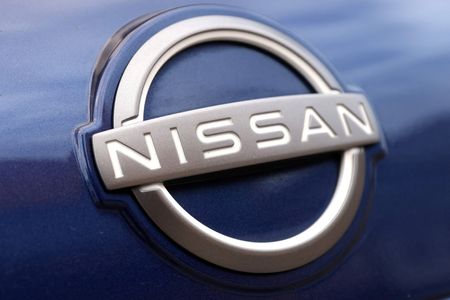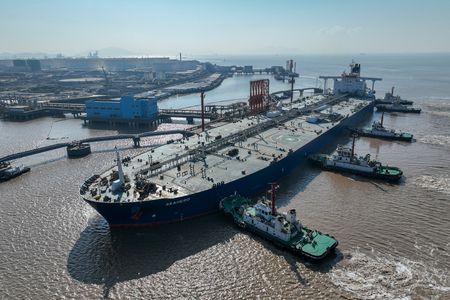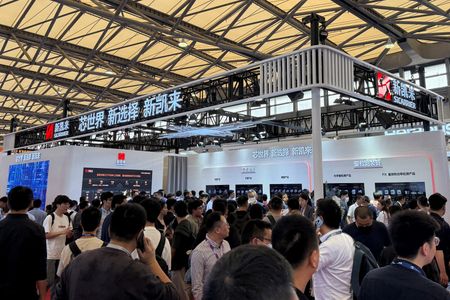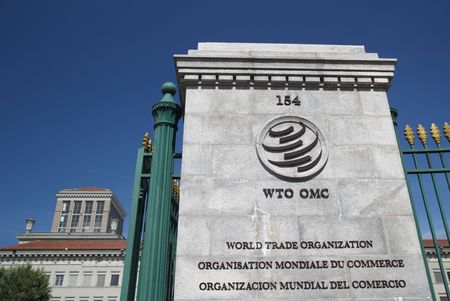By Andrew Silver
RUGAO, China (Reuters) -Volkswagen’s Swedish truckmaker Scania opened its first fully owned factory in China on Wednesday, in what it described as a hedge against global uncertainty and a move that will give it greater flexibility in delivering to Asian customers.
The factory, located in the eastern province of Jiangsu, will initially produce Scania’s advanced “Super” trucks for customers in China and the Asia region, Scania chief executive Christian Levin told Reuters.
“It’s really (producing in) China for Asia, if you’d like. So by getting the factory here we can start to operate the way we do in Europe or the way we do in Latin America, where we have big industrial hubs, meaning customers get both tailor-made product and short lead time,” he said, compared with shipping standard trucks from its production base in Europe to Asia.
The project entails a 2 billion euro ($2.3 billion) investment for the firm, and it will initially employ 3,000 workers.
The factory, alongside Scania’s facilities in Sweden and Brazil, will eventually reach a production capacity of 50,000 vehicles – nearly double the number the Brazilian plant produced last year.
According to Levin, part of Scania’s China production calculation is the success the world’s second-largest economy has had forging free trade agreements with various countries.
“This factory can probably serve at least as many markets as the European factories under free trade regimes,” he said, while acknowledging the continued uncertainty in global trade as a further reason for the firm to hedge its bets.
“What we take for granted today, ‘Europe has a free trade agreement with country X’, you know, it’s not necessarily true tomorrow… (So) it is for us really good to have a third hub inside China, that increases our level of flexibility,” Levin added.
Scania’s bet on China comes amid rising trade tensions. The U.S. plans to impose a 25% tariff on all medium- and heavy-duty truck imports from November 1.
($1 = 0.8602 euros)
(Reporting by Andrew Silver in Rugao, additional reporting from Zhang Yan in Shanghai; editing by Casey Hall and Hugh Lawson)











